Choosing the Best Mastering Studio: Independent Artists
Choosing a mastering studio to work on your project can be overwhelming.
If you’re an indie artist, there are so many factors you need to keep in mind, to successfully release a project. With that said the hard work and dedication you have for your project should be matched by any professional you choose to work with.
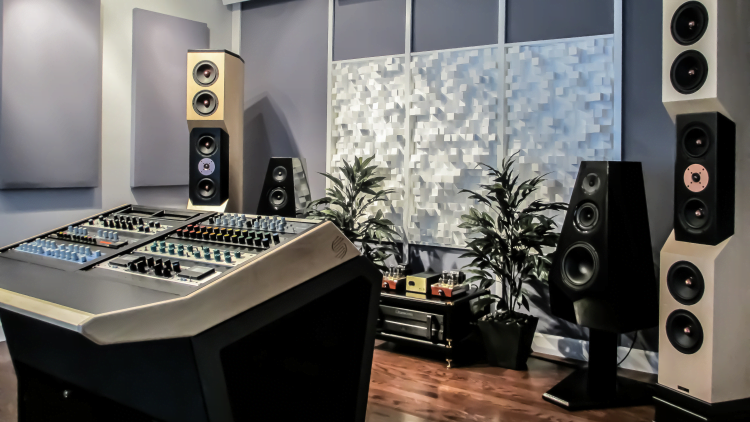
This goes double for any mastering studio, as they’re responsible for the final production step of your release. The project you wrote, performed, perfected, recorded, and mixed, over the span of months or even years is about to be finished.
This is no doubt a big deal, and should be treated as such. That’s why picking the right mastering studio for your project is so important.
When choosing the best mastering studio, keep these things in mind. The studio should be affordable, offer revisions, be easy to communicate with, provide an easily accessible online upload and download process, offer consistently great sounding masters, be able to master for multiple mediums, and have knowledge and resources regarding other aspects of music production and release.
If you are having some difficulty navigating the complexities of releasing music don’t worry! There are plenty of resources to help you along the way. Check out our article detailing every step in the song making and releasing process: https://www.sageaudio.com/blog/mixing/everything-you-need-to-know-about-releasing-a-song-from-inspiration-to-distribution.php
Is Affordable:

As an indie artist, you most likely have a strict budget in mind for your release.
When you factor in all the other steps required to release music, everything can add up pretty quickly.

That’s why an affordable mastering option can keep your expenses within the budget you’ve allocated for your project.
Mastering prices can range wildly - from $10 per song by engineers listing their services on websites like Fiverr, to $500 per song for some of the most seasoned and respected mastering engineers.
Then of course if you want to go all out and hire the 11x Grammy winner Bob Ludwig, you might need to contact your bank and take out a small loan.

With this in mind, more money doesn’t always equate to a better final result. Some engineers charge based on the competition in their area, or how many projects they want to take on at a time. Some seek to charge as much as possible, whereas others recognize and appreciate the budgets of independent artists.
Although you may be tempted to spend as much as possible on mastering, if you can’t afford an engineer from a renowned mastering house, or one who’s name you’ve read on the back of your favorite records, just know you can still get a great sound for an affordable price.
Of course you know your finances and budget better than anyone else, but perhaps start within the $50 to $100 per song range.
Listen to what they’ve worked on, read reviews, and reach out to them to see if you’d enjoy working with them.
Price isn’t everything when choosing a mastering engineer, but it is a good thing to have in mind.
Offers Revisions:
This is something that is often over-looked by artists.
If you’re expecting to have differing perceptions in the band or group, or perhaps have a few different ideas as to how you’d like the final master to sound, finding an engineer that accommodates revisions is essential.

Nothing is worse than receiving your track, wanting to change a small detail, and getting charged full price for that revision.
That’s why it’s crucial that you understand the revision policy of the studio you’re considering working with prior to initiating the mastering process.
Some studios charge small fees for revisions, and some offer up to a certain number of revisions without charge.
Some charge for a revision as if it was a new master - although this is rare, even with some of the more seasoned engineers.
One thing to keep in mind though, is that if you have your song mastered, and then change the mix, and want the new mix mastered, this is not a revision.
A revision is a change to the master, using the same stereo file or stems that were used before.
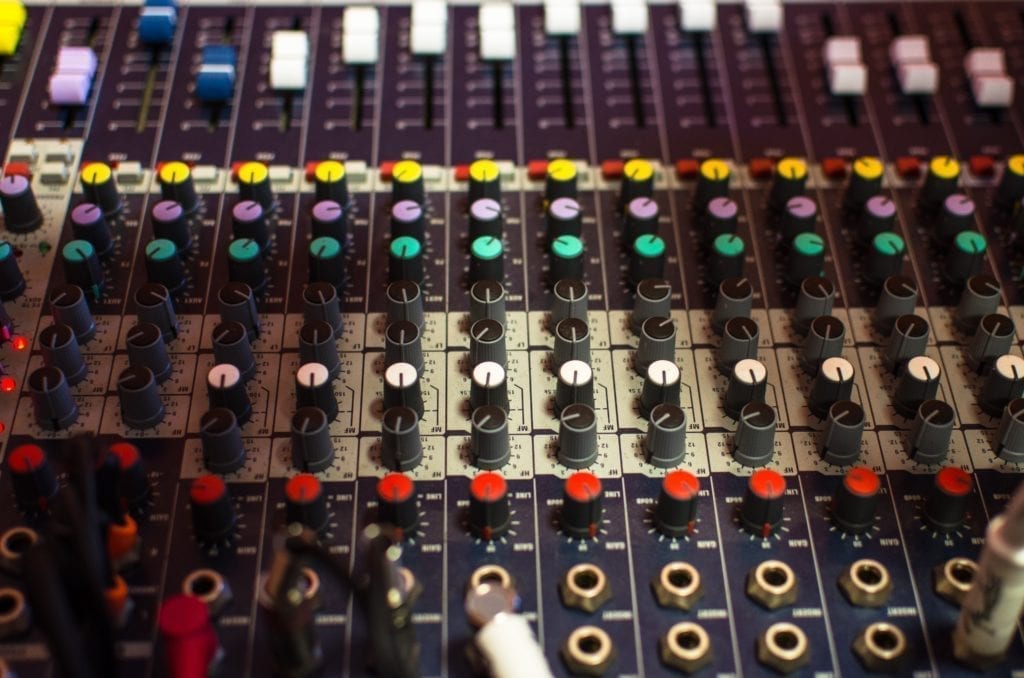
If you change your mix, the mastering engineer will need to change his or her approach to the song, and therefore have to create a new master.
Of course pricing can be negotiated, but it is important to know and understand the distinctions between a revision and a new master.
Another thing to keep in mind is the difference between an analog mastering studio, and a digital mastering studio, as the revision process for analog is slightly more time consuming than one for digital.
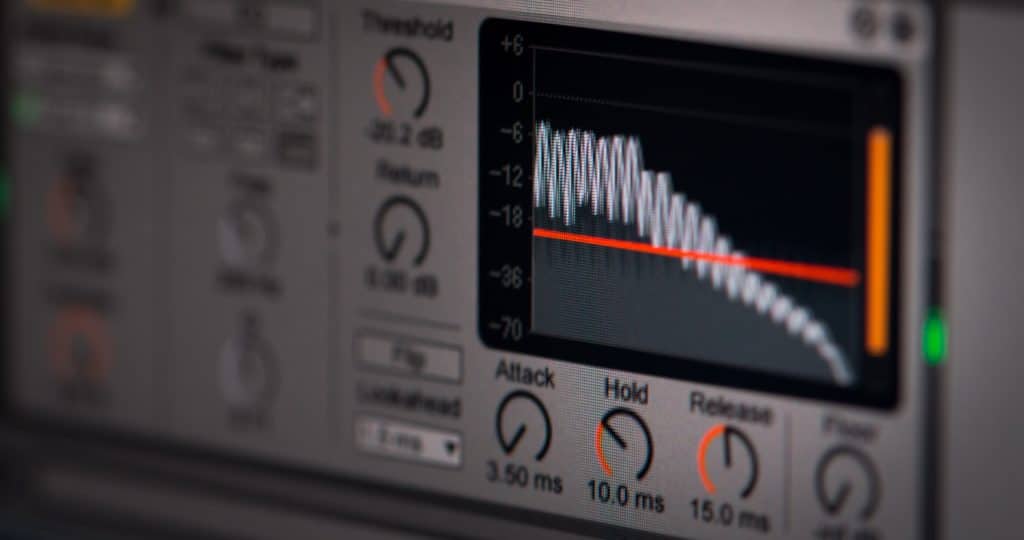
A digital master can easily be recalled
This may result in varying revision rates amongst the differing types of mastering.
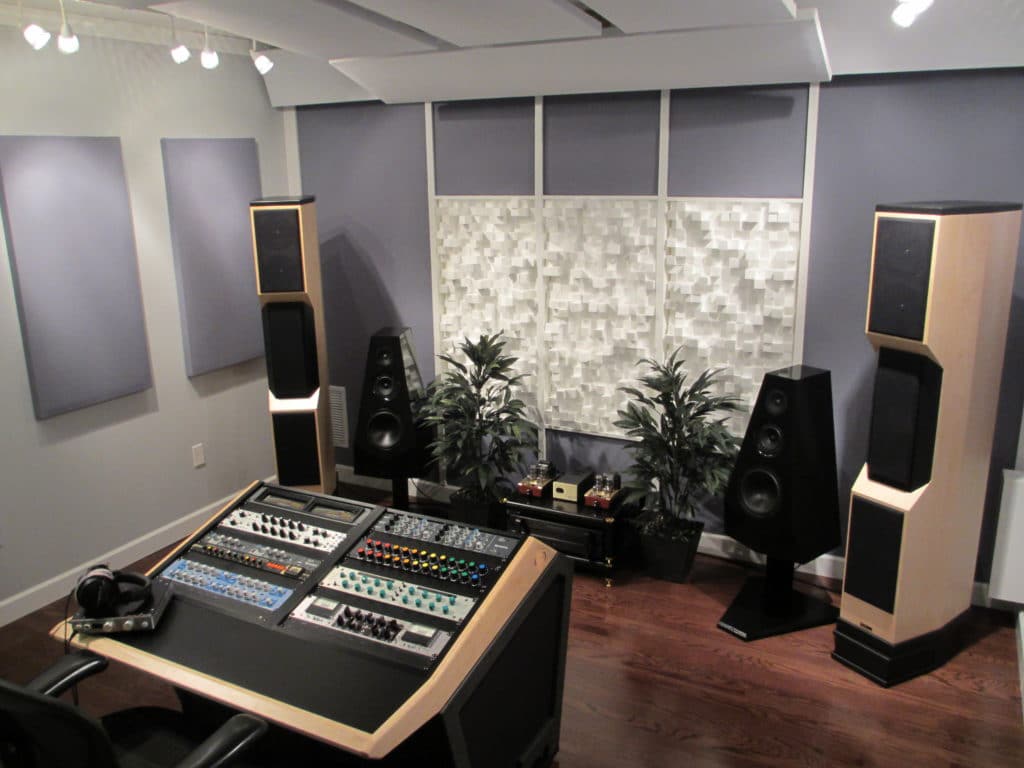
A revision for analog mastering takes longer, as it cannot be immediately recalled.
With this said, even analog mastering studios, with the extra time it takes to create a revision, can offer revisions at a very affordable price.
Is Easy to Communicate With:
This one is obvious and goes for any professional or friend you want to work with; however, it’s surprising how many engineers neglect this responsibility.
Of course, you want to make sure that your engineer makes time for you and your project. This means finding an engineer that not only cares about the mastering process, but cares about your single, EP, or album.
The best way to find out an engineer’s ability to communicate properly is by contacting them via their preferred method of communication.

How long does it take them to get back to you?
If the answer takes longer than 12 hours, you might want to consider another engineer.

Did you receive an email along the lines of “I’m sorry, I have been busy working on…” If so, you may not want to proceed with this mastering house or engineer.
There truly is no reason why your request for information cannot be answered within a reasonable amount of time. If it takes an unorthodox amount of time to receive a response, how do you know your project will be a priority?
Keep ease of communication in mind when choosing an engineer or mastering studio that works best for you.
Provides an Online Upload and Download Process:
This is something of a rarity in mastering and post-production in general, but having a centralized online account where you can upload your mix and access your masters is incredibly useful.
With most studios, if you’d like to send them files, you can do so in an email thread. This is convenient at first, but relocating those emails can certainly be difficult - especially if a fair amount of time has past since you sent your mix, or more importantly received your master.

Another option is a service like WeTransfer, which is popular amongst engineers. It’ll allow you to easily transfer files, and will notify you if you receive one.
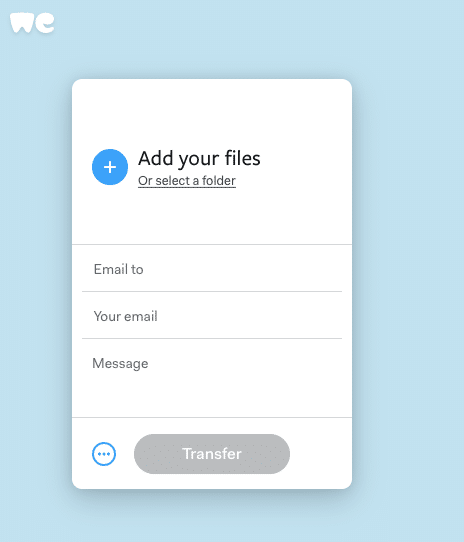
This issue with this service is that it lends itself to being lost in an email thread like before, as WeTransfer sends you an email link with which you can access your files. Even more frustrating is the expiration date associated with these transfers, as the files are only available to download for one week.
So even if you could locate the email thread, the link will be expired, and you will no longer be able to access your files.
Another popular service is Dropbox, which allows you to create an account, where shared files can be sent either via email, or accessed under a shared interface. This is certainly helpful, but with a 2GB limit, sharing folders full of mixes, masters and revisions will definitely go over that limit.

With this in mind, it may not be the easiest or most cost effective way to share files.
That’s why an online upload and download account, that can be accessed on the website of the mastering studio is a great option for sharing files.
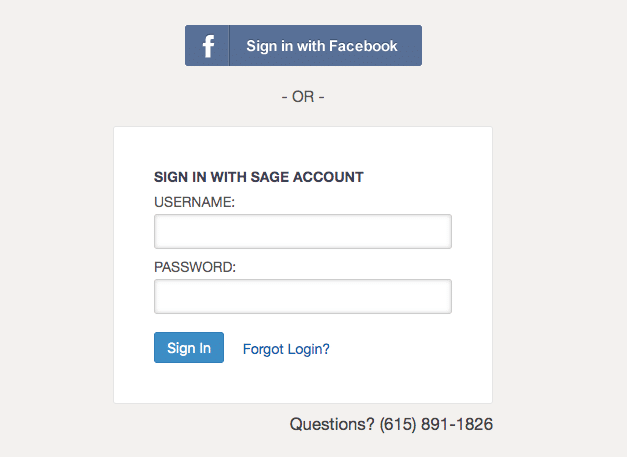
Not only does it allow you to easily send your mixes, and to receive your masters, it offers a detailed history of every exchange of files. This allows you to reference and download any files you need, regardless of the time since your project’s completion.
In addition, this is completely free, with no need to worry about file size limitations, or reaching an account capacity.
A very similar upload and download process can be found when creating a Sage Audio account - which you can use to upload your mixes, and receive a free mastered sample of that mix: https://www.sageaudio.com/register.php
Offers Great Sounding and Consistent Masters:
This one goes without saying but should be discussed nonetheless.

If you plan to have a single, EP, or album mastered you want a consistent sound amongst every song.
Sometimes when working on a project, you’ll start with just the single. Not only does this single need to sound great, every subsequent song after it needs to sound great too.
A mastering engineer should keep in mind how an entire album should sound, even when he or she is only mastering the single. Regardless of whether a full album is in the near future, the current sound of the single and the process of mastering it, should inform the mastering engineer how a full album could sound.
With this in mind the engineer can plan accordingly, in the event that a full album or EP is to come. Although this may sound far-fetched, good mastering engineers are constantly thinking about a project in a larger scope.

Many projects start with a single to promote the full album. The single and the album should sound similar.
This way they can accommodate any needs a client may have, and keep the songs in an album sounding consistent, even when one track was mastered long before the rest.
Thinking in this way not only requires a knowledge of how to make a track sound great, but how to make it sound great in the context of other songs on the album, or across the genre itself.
If you’re curious how a studio or engineer can make a song sound with their mastering process, listening to an AB comparison between the mix and master can definitely help.
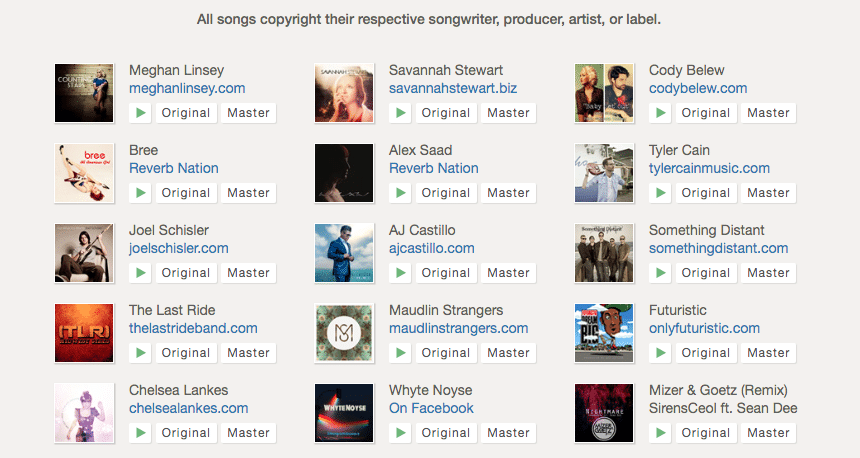
Another thing that can help is listening to a song they mastered, as it relates to the rest of the album. If you can listen to the single version, and then the rest of the album it was released on, and hear a significant difference in the overall sound between the two, either it was mastered by two different engineers, or the mastering engineer didn’t plan ahead enough to keep it consistent.
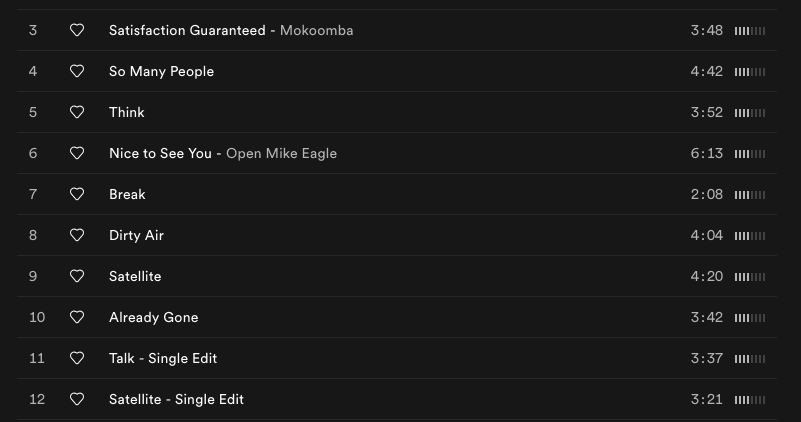
Spotify offers a great opportunity to compare a single to the album version.
Listen for both quality and consistency when choosing a mastering engineer or studio.
Is Able to Master for Multiple Mediums:
A digital release is definitely the most popular at the moment, but what if you plan to release something on vinyl record, or maybe cassette?

You may already know this but each music medium, be it tape, or vinyl, or digital requires certain specifications during mastering that set each mastering process apart from one another.

If you do want your music put on a vinyl record or cassette, you will almost certainly need a separate master for that medium. That’s why it’s important to plan ahead and know that the studio you choose is well versed in that type of mastering.
If you’re curious what you might need to consider prior to mastering for vinyl, here is a blog detailing a lot of great information on the topic: https://www.sageaudio.com/blog/mastering/what-is-mastering-for-vinyl.php
If you need help mastering for cassette, take a look our article, which can provide all the information you need to make informed decisions about this type of mastering and tape duplication: https://www.sageaudio.com/blog/mastering/what-is-mastering-for-cassette.php

Like vinyl, cassettes have grown in popularity over the last decade.
But what about digital? Does this require different types of mastering?
Just like the other mediums, mastering for digital streaming platforms has its set of specifications and things to keep in mind during mastering.
This can vary from streaming service to streaming service, be it Apple Music, Spotify, Soundcloud, YouTube, Bandcamp, or many of the other services currently available to artists.

If you’re looking to have your music distributed on a particular streaming service, make sure the mastering engineer you choose knows how to master for that platform.
Has Knowledge and Resources Regarding Music Production and Release:
This may not be the first thing you think of when considering a mastering engineer, but having one that understands multiple aspects of the industry is definitely helpful.
Furthermore, if they can provide the resources you need to have a successful release, that’s even better.
Considering that mastering is the last step in the production of your recording, and the gateway into it’s release, mastering engineers need to have a comprehensive understanding of what comes before it, and what comes after.
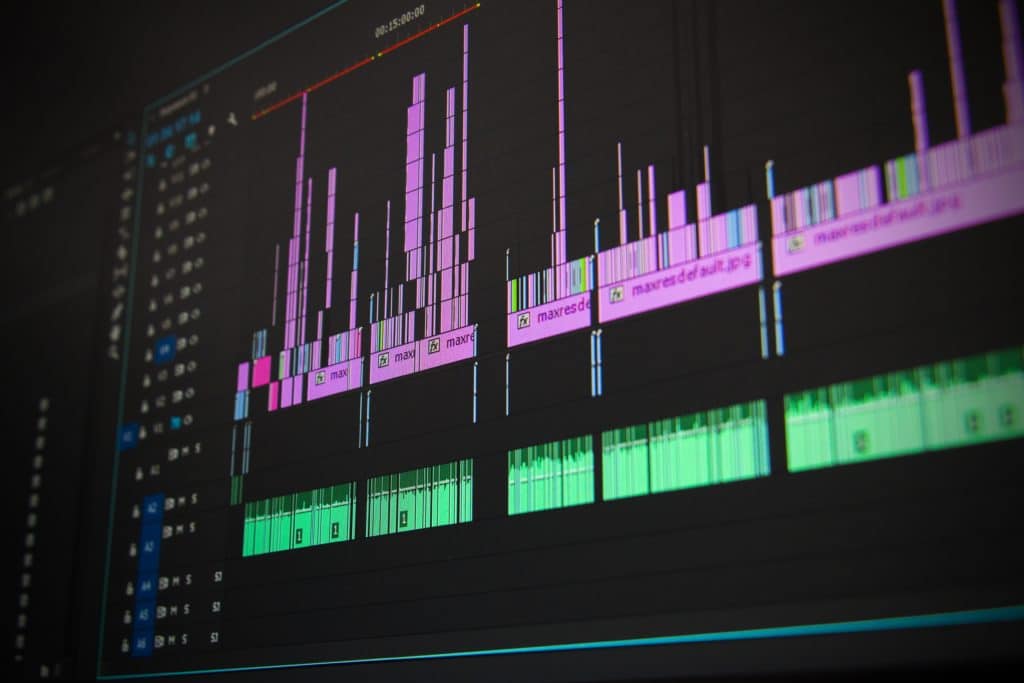
Particularly, the mastering engineer you pick should be helpful both during the mixing process, and during the distribution process. If you can find an engineer that has both knowledge of and resources regarding these topics, it’s a good indication that you’ll receive more than just a mastered track.
Keep this in mind when debating which engineer or mastering house to choose.
If you have any questions during the mixing process, particularly about mixing techniques that can translate well into mastering, check out our blogs about mixing here: https://www.sageaudio.com/blog/mixing
If you’re curious about what comes after the mastering process, here is an article that has some helpful insights regarding the distribution and promotion process: https://www.sageaudio.com/blog/mixing/everything-you-need-to-know-about-releasing-a-song-from-inspiration-to-distribution.php
Conclusion:
Picking the best mastering engineer or studio may not be the easiest task, but if you take all of the afore mentioned points into consideration, coming to a conclusion is that much easier.
Pick one that works best for you, and don’t be afraid to shop around. You aren’t committed to the first option you see, but should certainly choose the best option you see.
We hope that you find the best possible service for the music that you’ve been patiently creating over the past months or years.
If you’re curious how your mix would sound mastered with our services, follow the link here for a free mastered sample: https://www.sageaudio.com/register.php
What is your best mastering experience so far?




